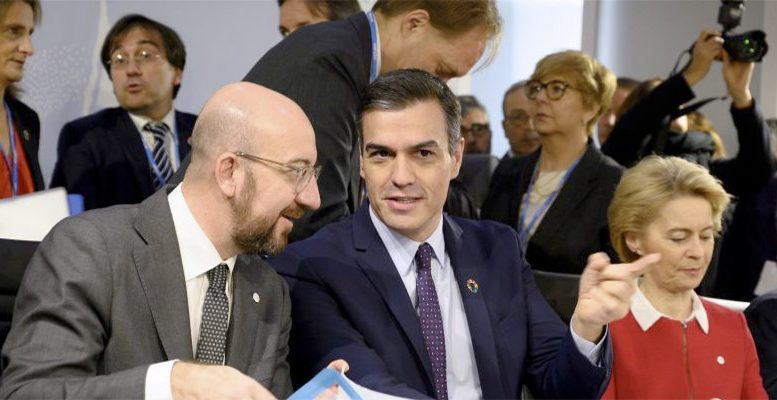The European Recovery Fund monopolised, along with the coronavirus pandemic, the 11th edition of Spain Investors Day, which closed last Thursday. During the event, which lasted two days, the King of Spain and many listed companies were present, with the aim of positioning the country as an investment destination. At the same time, the EU was planning to increase direct aid to Spain by 11 billion euros, given the crisis’ impact on debt. This can be seen in one of the annexes to the regulations on the Facility for Recovery and Resilience, which is awaiting final ratification.
The European Commission’s new calculation is based basically on the data on unemployment and GDP update for 2019. In addition to this, there is the recent worsening of the Brussels forecasts on the impact of the crisis, as established at the time when the distribution of European funds was configured.
For Bankinter’s analysis team, if this additional aid is finally approved, Spain would receive a total of more than 82 billion euros in direct aid, that is, funds it will not have to reimburse.
“This direct aid would exceed 6.6% of GDP (vs. 5.8% previously) and is good news in terms of boosting economic recovery.”
The analysis’ firm maintains its estimates of GDP recovery at +6.5% in 2021 and +5.2% in 2022, after contracting -11.3% in 2020 (central scenario).
On the other hand, in the presentation of projections for 2021, S&P has shown its doubts that Spain will be able to absorb European funds. According to the rating agency, the country used 8 billion euros of European funds in 2014-2020, which is only 40.1% of the total compared to 47.4% in France, 60% in Portugal or 68.4% in Greece. The use of these funds depends on the ability to submit projects that have European approval.





